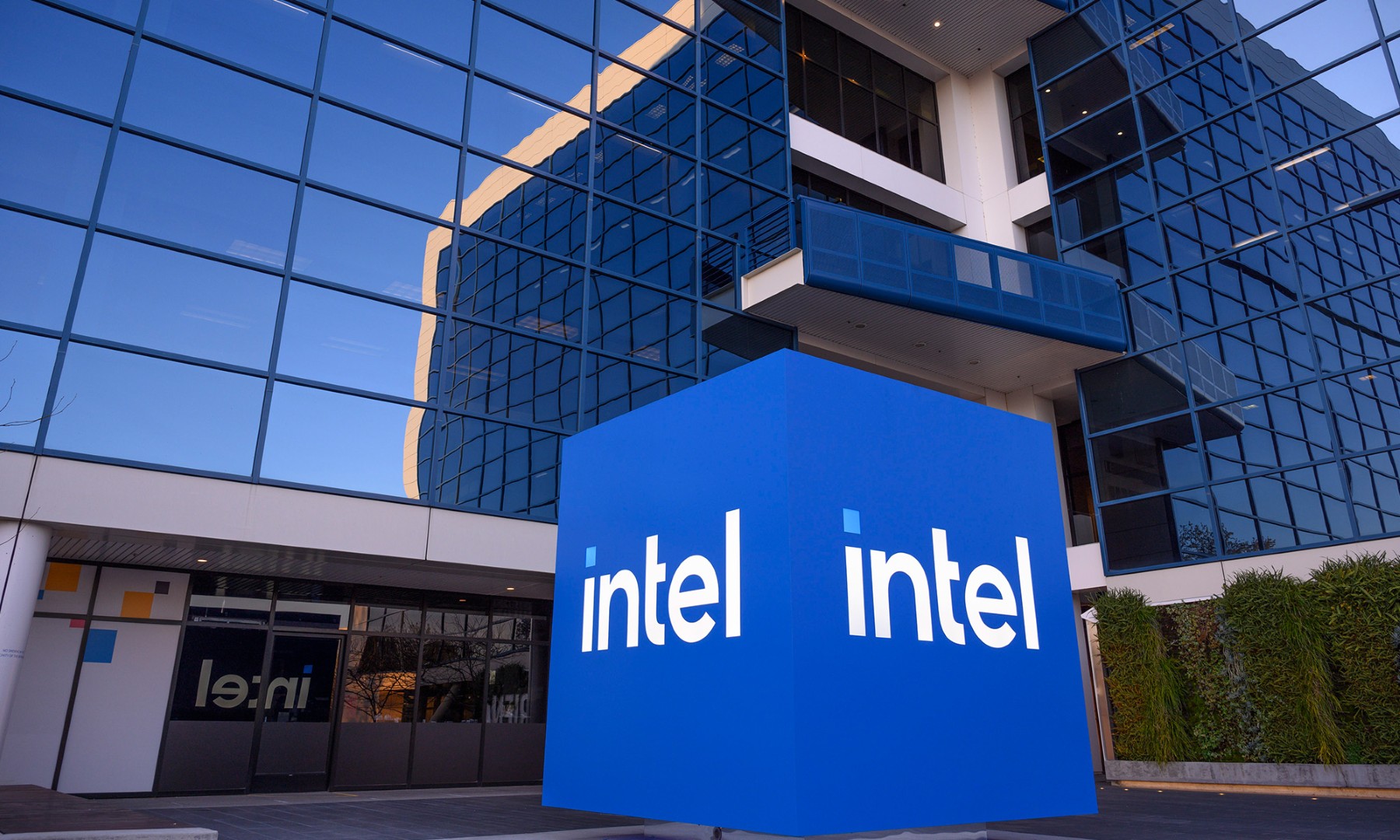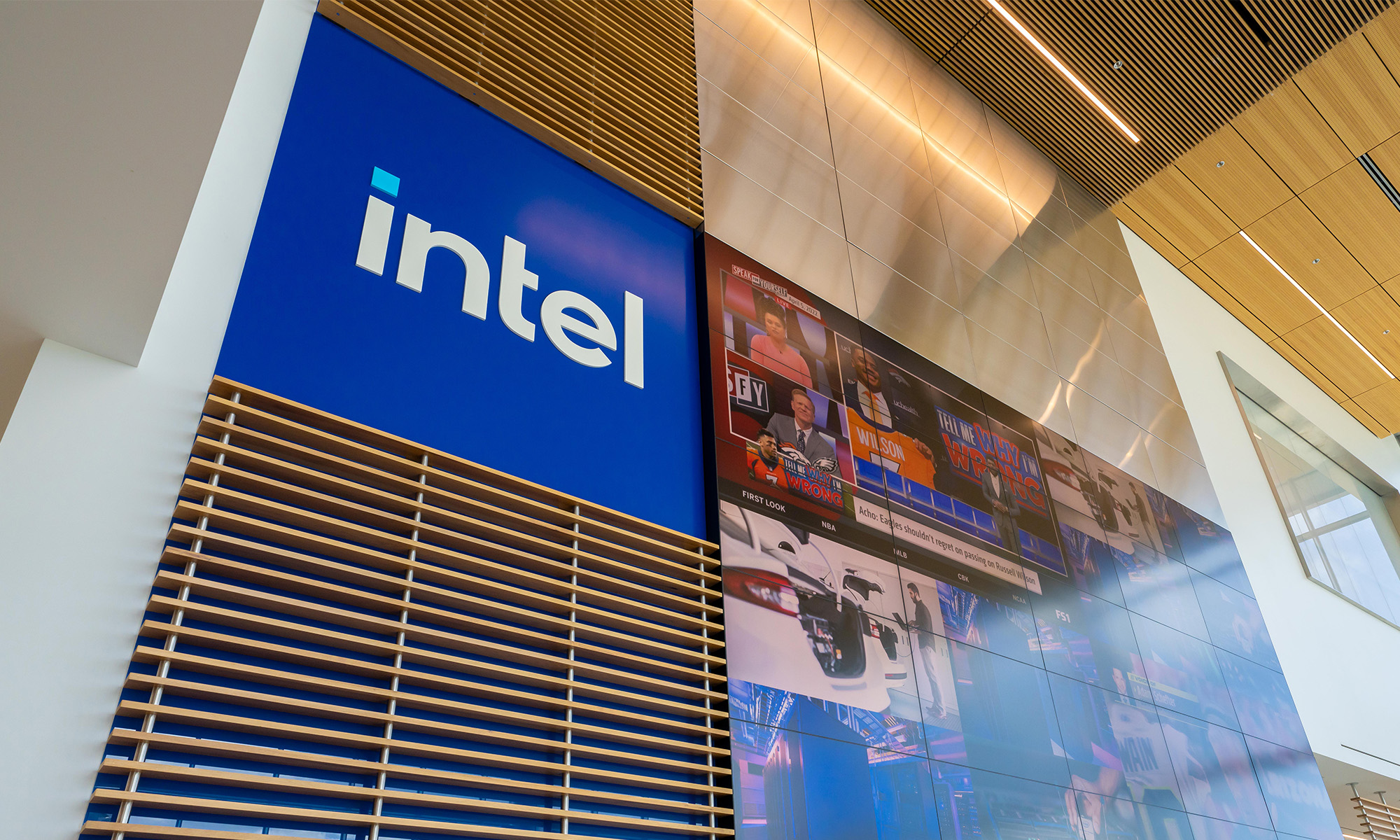Intel (INTC 1.07%) says that its acquisition of Tower Semiconductor will create a globally diverse end-to-end foundry that will help it meet growing semiconductor demand. In this Fool Live segment from "Semiconductor Revolution," recorded on Feb. 17, Motley Fool contributors Danny Vena, Jose Najarro, and Nicholas Rossolillo discuss the risks that regulators could block this move.
Danny Vena: One of the things that came up for Foolish investors earlier this week was that we saw a company called Tower Semiconductor. Its stock exploded higher during the week. The reasons that that happened was that first there were reports overnight, primarily in publications like The Wall Street Journal that said that Intel was looking to acquire Tower Semiconductor. Then we found out first thing in the morning on the 15th, so day before yesterday, on Tuesday, that Intel had actually agreed to acquire the company. Just a couple of the highlights.
This is a company that creates specialized chips. These are processors that are used in a variety of things, things like automotive and consumer products, but also in industrial equipment and medical equipment. It includes a variety of different types of chips, including image sensors, power management chips, and other things. This is a big deal. Tower Semiconductor shareholders are going to receive about $53 in cash for any stock that they hold. It looks like that this is going to be a deal that is going to cost Intel about $5.4 billion. But the company said that this will create a globally diverse end-to-end foundry that will help it meet growing semiconductor demand. That's a big acquisition, certainly not as big as Mobileye was a few years ago. But certainly not the change that you find in the couch.
Jose Najarro: But, Danny, when I first heard about this, the first thing that came in my mind is will this deal get stuck? I know we've seen a lot of semiconductor industry sales, the most popular one was the Arm acquisition that just got terminated. It's been a pretty crazy market for acquisitions. Any thoughts on that, Danny? Would you be worried if this deal doesn't go through or do you see any reasons for this not to go through?
Danny Vena: To be honest, I'm of two minds of this. First of all, we know that the Biden administration has signaled on technology in general, that it's really leaning away from approving a lot of these big mergers, big acquisitions in the technology industry. Many of us suspected from early that Nvidia was going to run into trouble not just here in the United States but across the globe, in the UK, in China, that this was a deal that was going to be looked at very heavily. They're probably going to be very strict in how they apply the rules to this deal. Now, I don't think that this Tower Semiconductor deal is going to meet that type of regulatory scrutiny. But I do think that we should not make the mistake of thinking that just because they say they're doing this acquisition, it's a done deal. It by no means is a done deal. I would sit back and wait on this, honestly. I know there are some investors who like to go in and play the arbitrage game but this is by no means a done deal. We're going to have to wait and see, honestly. There's no way to know for sure that this deal is going to go through or not go through. What are your thoughts, Nick?
Jose Najarro: I was just going to say that, I think one thing that they have on them is the ability to say that this can help with national security, because, hey, we'll be able to have a new form of foundry, bring more chips here to the United States. That could be, I guess, some form of way they can talk around it if there's any pushback. But I do want to say this is the strength of being such a strong company. They're saying that they're going to pay for this in all cash from their balance sheet. I think that's the strength that comes with Intel, that they're a powerhouse machine cash flow operations, so they are able to make some of these acquisitions like this. Any thoughts, Nick?
Nicholas Rossolillo: Yes, I do think this is an interesting move because Tower's a chip fab, they manufacture chips, a lot of them sensors that are getting put in cars. Intel is simultaneously doing the partial spin-off of Mobileye, which designs those chips. Again, Intel's a serial acquirer. I don't think a year goes by where Intel doesn't acquire someone in the chip industry. You see more of that plan to integrate the design with the manufacturing together. Depending on whose desk this deal comes across, I'm with Danny. I could see, especially in Europe because Tower is an Israeli company. They have fabs in Israel, they have one in Italy, and a couple of here in the US. But in the interest of localization of manufacturing, I could see some regulators in Europe saying, "Not so fast Intel." But we'll have to see.








